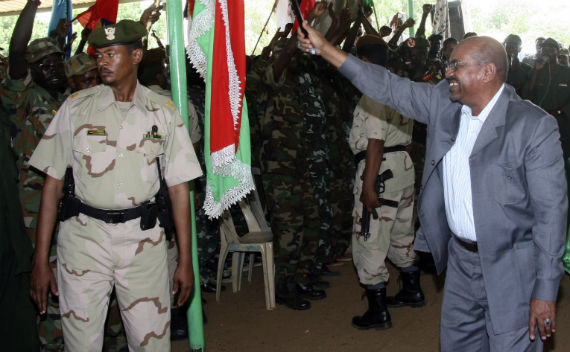South Sudan: Far From a ‘Peaceable Kingdom’
More on:

Yesterday, the Satellite Sentential Project published evidence (pdf) of mass graves in South Kordofan, which should remind the international community that South Sudan’s independence has not stanched the bloodshed in the region.
Some of the violence is caused by unfinished business related to South Sudan’s independence from Khartoum on July 9, such as contested territory along the still-undelineated frontier – about twenty percent of the total. In South Kordofan, for example, Khartoum is fighting the Sudanese People’s Liberation Movement-North (SPLM-N). A UN report issued recently states that Khartoum’s army and associated paramilitary forces have committed extrajudicial killings and attacks against civilians in that region. SPLM-N also accuses Khartoum of blocking the flow of international aid to South Kordofan. Earlier this week, Khartoum president Omar al-Bashir announced that foreign aid organizations will be denied access to South Kordofan.
But, murder and kidnapping in nearby South Sudan can also be related to ethnic conflicts—and the appeal of rustling, where cattle is a measure of wealth and is the currency of bride price and dowry. For example, on August 18 in Uror County in Jonglei state, rustlers reportedly killed over six hundred people. A further 861 were wounded, 208 children were abducted, and thirty-eight thousand cattle were stolen. Almost eight thousand houses were burned. Rustling activity accompanying inter-ethnic conflict is exacerbated by the ready availability of arms. The end of the war between Khartoum and Juba may also mean that more young men are seeking marriage – requiring more cattle to meet the bride price.
NGOs and others are calling on the Juba government to address the underlying issues. But, ethnic rivalries, readily available weapons, and the cultural role of cattle are complex issues for the new government to address.
More on:
 Online Store
Online Store